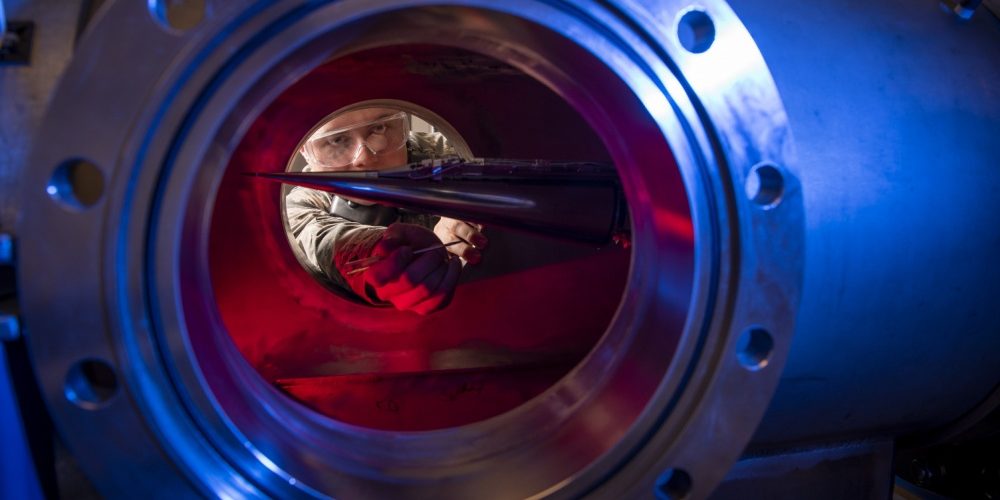The Department of Defense (DoD) has awarded $4 million in grants to eight distinguished universities to support work on uniquely-complex hypersonics challenges. The awards made September 9 are the first step toward meeting the DoD and congressional goals of developing the nation’s hypersonics workforce and accelerating the transition of cutting-edge technology to operational hypersonic capabilities.
“Hypersonics is a top modernization priority for DoD. We are mobilizing government, industry, and academia to provide real capabilities to our warfighters. That begins at the basic research level, as exemplified by these exciting university activities,” said Dr. Mark Lewis, acting Deputy Under Secretary of Defense for Research and Engineering.
“These grants foreshadow the significant investment the department will make in basic, applied, and developmental hypersonic research through the department’s University Consortium for Applied Hypersonics (UCAH), which is on track to move to full operations this fall,” said Jim Faist, Director of Defense Research and Engineering for Advanced Capabilities in the Office of the Under Secretary of Defense for Research and Engineering.
The universities selected were:
- University of Dayton Research Institute: Design Swap for Improved Interlaminar Shear and Survivability
- Texas A&M University: Interferometric Vision and Optomechanical Accelerometer Sensing for Navigation, Guidance, and Adaptive Control of Hypersonic Vehicle Platforms
- The University of Texas at Austin: Physics-Based Design Tool for Dual-mode Scramjet Isolators
- University of Minnesota: Simulation Methods for the Rapid Prediction of Hypersonic Environments
- North Carolina State University: Investigations of Self Starting Stream Traced Inlets at Off-Design Conditions
- University of Florida: Modeling of High-speed Multiphase Blast Effects
- University of Michigan: Multiscale Modeling and Experiments to Understand Performance of Liquid-fueled Rotating Detonation Rocket Engines
- The University of Tennessee Space Institute: Curricula Development for a Robust Hypersonic Workforce


